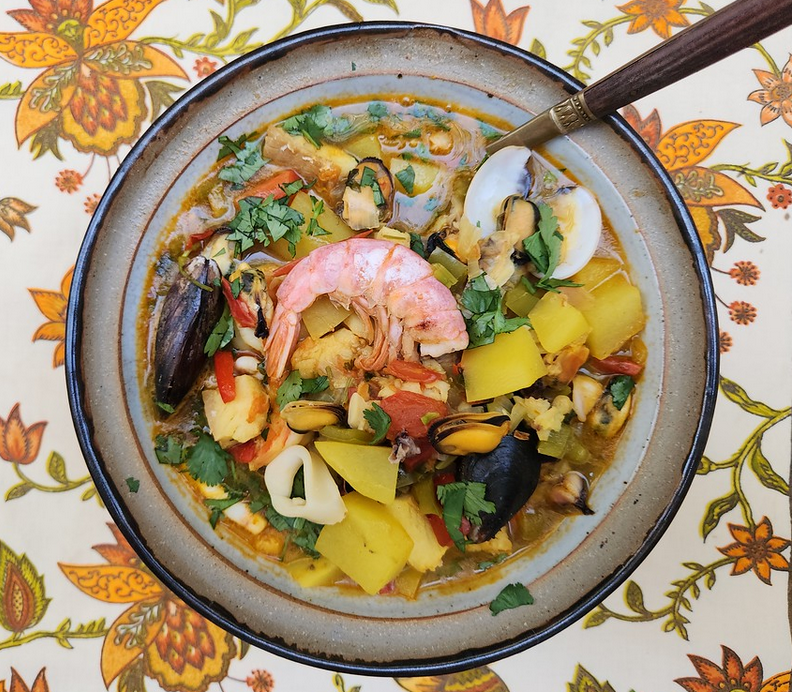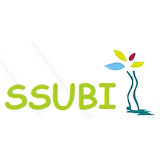The following is a list of cross-cultural organizations operating in San Diego. Most of these organization we are fully aware of the organizations and the work they do. Some are new two us. The links will take you to the organization's home pages. In most cases, there will be a link to a donation or support page where you can make donations or learn how you can help. Please note that the Worldview Project (publishers of the San Diego Participant Observer) is offering this list as doing so follows our mission. We do not receive any monetary or tangible benefit for listing an organization. We just want to help you and fulfill our mission to promote greater cross-cultural awareness, understanding, and engagement. This is what we do. Again, we are familiar with most of these organizations, but not all, we leave the task up to you to determine what organizations are best to support through your own considerations and research. With the wilful degeneration of federal funding, these organizations are at grave risk of not being able to continue, maintain, or expand the good work they do. All will appreciate your generosity! Please let us know if there are any organizations we should consider adding to the list (submission guidelines).
- AfghanEvac
- Africa Thriving Group
- AJA Project
- Alegado Foundation
- Alliance for African Assistance
- Alliance Francaise
- Amity Institute
- Amnesty International group 137
- Barrio Logan College Institute
- Beyond the Surface
- BIPOC Support Foundation
- Border Angels
- Brazilian Cultural Center
- Build A School Foundation
- Burundi Friends International
- Cabrillo International Folk Dancers
- Casas de Luz
- Catalyst Global
- Centro Cultural de La Raza
- Center for World Music
- Changing Tides Foundation
- Chinese Historical Museum
- Community Rising Africa Network
- Compass Zambia
- Convivio Society
- Corazon de Vida
- Council on International Educational Exchange
- Create Purpose Worldwide
- Cry - Children's Rights and You
- Dalit Solidarity
- De Colores Foundation
- Garden of Sincerity
- German American School Association of Southern California
- German American Societies
- GLA International Foundation
- Hands United 4 Children
- Heartsteps Foundation
- Help Ukraine Now
- Helping Hand for Relief and Development
- Hope and Dignity Incorporated
- House of Pacific Relations*
- Institute of the Americas
- International Relief Teams
- International Rescue Committee in San Diego
- Kids for Peace
- Kurdish Refugee Relief Foundation
- Kuwasha USA
- Latino Legacy Foundation
- Maki International
- Mayan Families
- Media Arts Center
- Mingei International Museum
- Minority Humanitarian Foundation
- Museum of Us
- Open Dreams Organization
- Pacific Arts Movement
- PANA
- Pandan Bay Foundation
- Peace Resource Center of San Diego
- Project Concern International (PCI)
- Sai Global Federation of Foundations LLC
- San Diego Archaeological Center
- San Diego International Sister’s Cities Association
- Shuarhands
- Ssubi
- The Persian Cultural Center
- The San Diego Diplomacy Council
- The San Diego Italian Film Festival
- The San Diego 'N' Line Dancers
- The San Diego World Affairs Council
- The United Nations Association-SD
- The Women's International Center
- The Worldview Project
- United Women of East Africa Support Team
- Via International
- Water4Life Ministry
- Women's Empowerment Int'l
- World Affairs Council of San Diego
- World Vision
* The House of Pacific Relations is the umbrella organization for what are collective known as the "International Cottages" in Balboa Park. All of these "houses" are organized under their own separate non-profit organizations. On the HPR website you will find links to the individual houses. Check the webpages for the individual houses to see how you can donate or become involved in their work.
- Details
- Hits: 839
Our recipe of the month is for Paraguayan Vori-Vori, a traditional soup featuring soft, cheese-infused cornmeal dumplings served in a rich, flavorful broth. Soup is a very common dish in Paraguay and vori-vori is one of the most enjoyed soups and the wonderful culinary website TasteAtlas crowned it "The Best Soup of the World" for 2025!
- Details
- Hits: 464
Your Window to the World
- Details
- Hits: 300
Our recipe of the month is for Greek Stuffed Onions (Salantourmasi), a delicious concoction made of easy-to-procure ingredients. Preparation is straightforward, but these delights require slow cooking in your oven. But this recipe is worthy of the time spent; Salantourmasi are flavor bombs! A bonus recipe for Tzatziki is included!
- Details
- Hits: 499
- Details
- Hits: 350
Joomla!
Extensions
The Joomla! content management system lets you create webpages of various types using extensions. There are 5 basic types of extensions: components, modules, templates, languages, and plugins. Your website includes the extensions you need to create a basic website in English, but thousands of additional extensions of all types are available. The Joomla! Extensions Directory is the largest directory of Joomla extensions.
Components
Components are larger extensions that produce the major content for your site. Each component has one or more "views" that control how content is displayed. In the Joomla administrator there are additional extensions such as Menus, Redirection, and the extension managers.
Modules
Modules are small blocks of content that can be displayed in positions on a web page. The menus on this site are displayed in modules. The core of Joomla! includes 24 separate modules ranging from login to search to random images. Each module has a name that starts mod_ but when it displays it has a title. In the descriptions in this section, the titles are the same as the names.
Content Modules
Content modules display article and other information from the content component.
User Modules
User modules interact with the user system, allowing users to login, show who is logged-in, and showing the most recently registered users.
Display Modules
These modules display information from components other than content and user. These include weblinks, news feeds and the media manager.
Utility Modules
Utility modules provide useful functionality such as search, syndication and statistics.
Navigation Modules
Navigation modules help your visitors move through your site and find what they need.
Menus provide your site with structure and help your visitors navigate your site. Although they are all based on the same menu module, the variety of ways menus are used in the sample data show how flexible this module is.
A menu can range from extremely simple (for example the top menu or the menu for the Australian Parks sample site) to extremely complex (for example the About Joomla! menu with its many levels). They can also be used for other types of presentation such as the site map linked from the "This Site" menu.
Breadcrumbs provide users with information about where they are in a site.
Page 2 of 28










